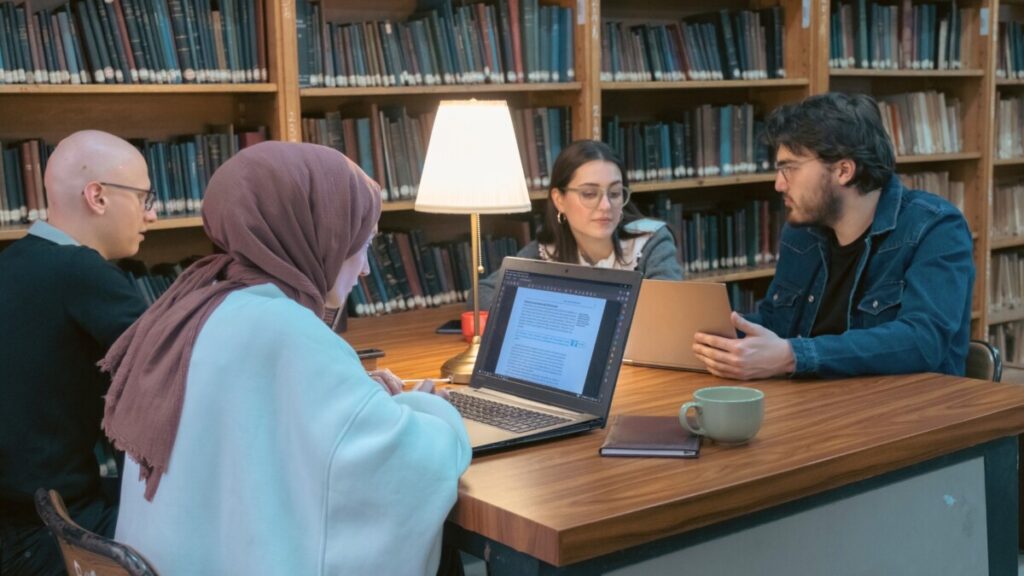The Australian government has announced a plan to cap international student enrolments at its universities and vocational colleges. The caps aim to regulate the sector more effectively in response to uneven impacts of recent student visa policies. Education Minister Jason Clare confirmed the initiative last 10 June 2024, stating that the caps will be set over the next three months and implemented by 1 January 2025. The move responds to requests from smaller universities and aims to ensure sustainable growth in the sector.
Legislative process and timeline
The government intends to specify enrolment limits for each of the country’s 42 universities and over 1,000 vocational colleges. The bill enabling these caps is currently pending in the lower house and has been referred to a Senate committee, which will report on it by 15 August. The caps will focus on institutional rather than course-level limits and are expected to be determined within three months.
However, the timeline has raised concerns about the too-short notice institutions might have to implement the new caps. Paul Fletcher, a member of the Australian House of Representatives, pointed out that institutions may have only one day’s notice to implement the new caps.”It is no wonder that higher education providers are concerned about what lies ahead,” he said.
Motivation and rationale
The caps aim to address concerns from universities about the uneven effects of recent changes in student visa policies. Smaller universities, in particular, have requested a system where annual enrolment caps are set for each institution. Minister Clare explained that, similar to domestic enrolments which are effectively capped by funding, there is a need to regulate international student numbers to maintain balance in the sector. He highlighted the importance of regulation for the sustainable growth of international education, noting it as a significant economic asset valued at $48 billion.
Minister Clare described the international education sector as “pretty much an unregulated sector” and stressed the logic of applying similar regulation as is done with domestic students. “If we regulate the number of Australian students, we should do that also for international students,” he said.
Sector feedback and views
The plan has sparked debate, with some stakeholders questioning the approach. Troy Williams, chief executive of the Independent Tertiary Education Council Australia, commented on Clare’s remarks about the growth of international students in vocational education and training (VET) courses.
“There’s about 10% more international students in our universities today than before the pandemic, and there’s about 50% more international students in our vocational institutions than before the pandemic as well,” Clare told Sky News. However, Williams believes this statement misrepresents the situation, arguing that it is crucial to look at the number of offshore primary student visa grants rather than enrolments to understand the true growth dynamics.
Williams previously expressed concerns about the government’s Migration Strategy, suggesting it overlooked the high-quality skills training outcomes that many international students in Australia receive. The strategy had pointed to evidence that graduate visa holders often return to study when their visa expires, using VET courses as a means to remain in Australia, often without attending these courses.
Economic impact and future growth
Despite concerns, Clare emphasised the need for regulation to ensure the international education sector’s continued economic contribution. He clarified that the aim is not to drastically reduce international student numbers but to manage growth sustainably. Clare also addressed concerns about institutions with high percentages of international students, asserting that each university should determine the appropriate balance to ensure value for Australian students. He stressed that maintaining the social licence for international education is crucial, as it represents Australia’s largest non-resource export.
“This is an important economic asset for Australia, but students have come back quickly [since the pandemic] and… we need sustainable growth over the longer term,” Clare said. He also underscored that students will choose universities based on perceived value and managing international enrolments is part of ensuring that balance.
Conclusion
In his closing remarks, Clare affirmed the importance of a balanced approach, stressing that while international education significantly contributes to Australia’s economy, the system must remain fair and sustainable. The next few months will be crucial as the government finalises the cap methodology and prepares to implement the new regulations by next year.
To stay updated on further industry insights and updates in Australia and other major study destinations, please visit our blog or contact our business development experts for more information.




